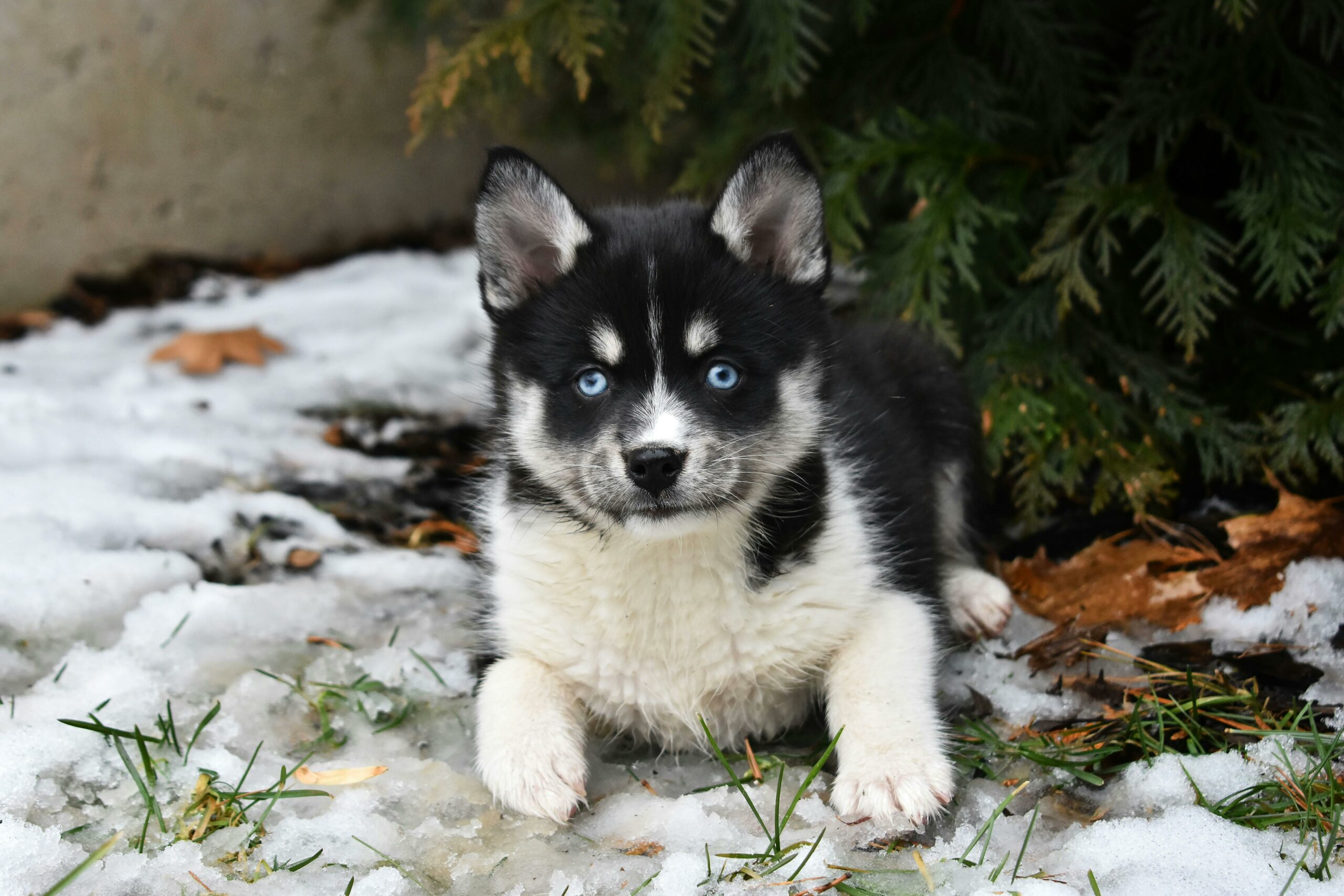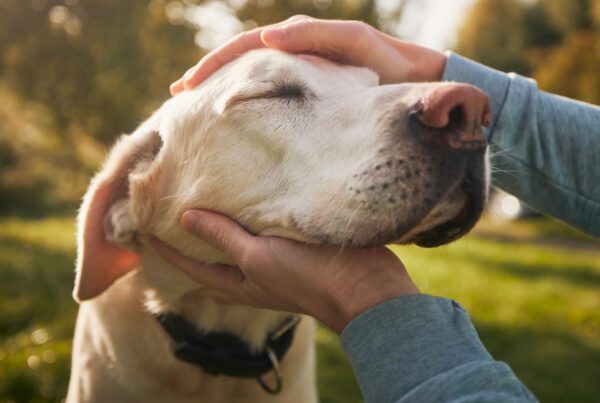Taking care of our pooches’ health is one of the most important missions of every dog parent. We want them to have a long, happy life and ensure it happens through quality time, balanced nutrition, and the type of activities best suited for a particular breed. However, sometimes, it’s not easy to figure out when your pup has a health condition, so we must pay attention to subtle signs they may show as they age.
Small breed dogs are known to live longer than their larger counterparts, but most have the potential for health issues that largely depend on overall genetics and everyday life. If you just welcomed a new dog into your home and you’re wondering how to help them live their best life, here are some of the most common health issues you should remember and how to mitigate them.
Different Small Breed Dogs and Their Potential Health Concerns
One of the best things you can do for your best furry friend is take a holistic approach to their health. Being informed about their most common health conditions and taking preventative measures can go a long way in keeping your pet strong and happy. Let’s take a look at some of the most popular small-breed dogs’ health issues and what can be done to prevent them.
Chihuahuas
These beloved small dogs adore their owners and don’t really understand the concept of size, as they can be seen scaring off much bigger dogs than they are. They’re loyal pets but don’t respond well to loud sounds and being cajoled around by kids and people they don’t know.
Chihuahuas have their share of health issues like:
- Hypoglycemia can be prevented by ensuring your pet eats several smaller meals of nutritious dog food throughout the day. If you notice that your dog is showing signs of hypoglycemia (lethargy, weakness, seizures, frequent urination, etc), consult your vet to get a professional’s opinion and therapy tailored to your dog.
- Dental problems are another regular occurrence among small breeds, and Chihuahuas are no exception. Different approaches can mitigate this issue, such as regular teeth brushing with mild, natural toothpaste. It’s also recommended to choose puppy dental chews with great care and make sure they don’t have any additives. If you want to go completely natural, incorporating parsley into your dog’s nutrition can help improve their dental health and breath.
- Patellar luxation (dislocation of the knee cap) can happen to older Chihuahuas, which can be a scary experience. To minimize the chances of this happening, the owners need to take special care of their dog’s weight management, and this is also where high-quality food makes all the difference. Additionally, you can boost their joint health with supplements like chondroitin and glucosamine.
Pomeranians
You’ll hardly find a small breed more beloved and popular than the adorable Pomeranian. They’re smart, loyal, and energetic, so it’s important to keep them mentally stimulated and take good care of their physical health, as they can deal with their share of health conditions.
- Obesity is common in this breed because they’re first and foremost lap dogs, and they sometimes don’t get an outlet for all that playful energy. It’s vital to adjust their nutrition to their age, ensure they get regular exercise, and limit treats between meals, no matter how cute they are while asking for them.
- Tracheal collapse (deterioration of the windpipe cartilage) is an issue many small breeds struggle with, and the same goes for Pomeranians. It’s not quite clear what causes it, but if caught in time, it shouldn’t affect your dog’s life span. To mitigate the issue, you should use a harness instead of a standard collar, as that will take the pressure off their throat and trachea. You can also try feeding your Pomeranian dried beef trachea and adding chondroitin and glucosamine to their nutrition.
- Alopecia can be a menace for Pomerians and their luxurious coat, as it shows itself in unseemly bold spots and itchy skin, which can irritate your pooch. A diet rich in omega-3 and omega-6 fatty acids can greatly support skin and coat health, as well as regular grooming and supplements like zinc and biotin.
Shih Tzus
Known for their mild and affectionate nature, Shih Tzus are a very popular choice of dogs for families and first-time dog owners. They are irresistibly cute and gentle, but they also have specific characteristics and health conditions you should know about before getting one.
- Brachycephalic Syndrome is common in dogs with “smushed faces,” and it means that your Shih Tzu has a genetic predisposition to upper airway abnormalities that make it harder for them to breathe normally. This can result in loud breathing, snoring, gagging, and even fainting due to the lack of oxygen. Your Shih Tzu needs to avoid intense exercise, especially during the summer, and they should be kept in a cool house to prevent further breathing issues.
- Ear infections are regular trouble for floppy-eared dogs, and Shih Tzus are no exception. Thankfully, there’s a straightforward way to keep their ear health in check – regular cleaning with a natural vet-approved solution that cleans and disinfects the ears. It’s also important to keep their ears dry when swimming or after grooming, so drying and cleaning them afterward is a must. Ear infections can also happen due to a weakened immune system, so it’s a good idea to include probiotics and immune-system-supporting supplements in their nutrition.
- Eye problems like proptosis (bulging eyes), keratitis (cornea inflammation), cataracts, and red eyes often affect elderly Shih Tzus. The hair on their faces can get very long, and it’s crucial to keep it short and clean around their eyes because it can cause irritation. Similar to their ears, you should regularly clean their eyes gently with a clean cloth to remove any dirt that can cause problems. To further boost their eye health, incorporate antioxidant-rich foods like carrots and blueberries into their meals and vitamin A and lutein supplements.
These are only a few of the most popular small dog breeds, but many others like Bichon, Maltese, Dachshund, Yorkshire Terrier, and Pugs face a similar set of issues. The best thing you can do is familiarize yourself with specific problems your four-legged friend is prone to and take them to regular vet check-ups to ensure they’re in optimal health.
Conclusion
Welcoming a dog into your family is always a joyous occasion, but it requires preparation nonetheless. If a small-breed dog is your choice, be sure to familiarize yourself with their personality traits, as well as potential health conditions you could be facing down the line. It will do a world of difference in every decision you make as a dog owner and make it possible for you and your favorite pooch to spend many happy years together.
Photo credit: https://unsplash.com/photos/woman-and-man-standing-holding-white-and-brown-shih-tzu-u4uGoUBxmCE
Did you find this city dog content helpful? Share it with a friend or link it to social media. Enjoy short clips of silly dogs? Best dog training videos? Holistic puppy training tips? Follow us on instagram @nydognanny or on YouTube at nydognanny. Have some news you needs to get to dog and cat parents stat? Email info@newyorkdognanny.com with your article pitch.




